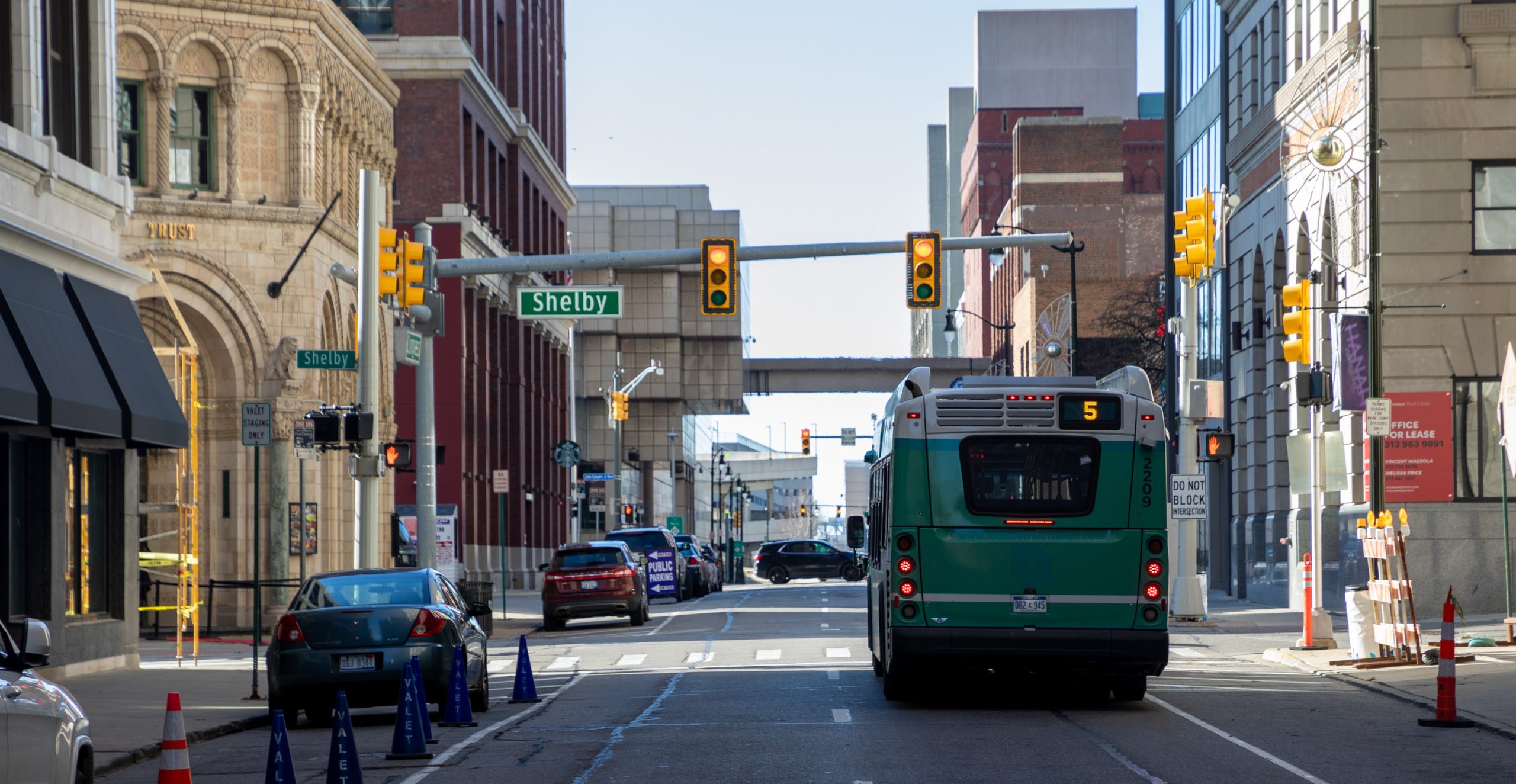Fiyah Angel says they know what it’s like to struggle to pay the bills at this time of year. They recalled “the stress of trying to keep a house and home together, the pain, tension, shame of holidays approaching, and maybe not having anything for your kids.”
That experience underpins their collaboration with Rent for Moms, a national campaign trying to raise $100,000 by Dec. 25 and use it to pay a month of rent for dozens of Black single moms. The campaign started in 2020 in Boston and was founded by DiDi Delgado. It was inspired by and in reaction to programs like Toys for Tots that give out donated goods. Angel and Delgado believe that just because families don’t have enough money does not mean they can’t be trusted to make decisions about what their families need once shelter is paid for.
“A lot of times around the holidays, people’s hearts really open and they want to do something to help,” said Angel, “but so much of what is out there doesn’t allow the people who are receiving help to keep their agency.”
This year Rent for Moms is working with local organizers like Angel in nine cities including Detroit to gather donations and applications from moms in need. About 58% of Detroit households are headed by mothers (rather than married couples or fathers), double the rate in Michigan as a whole. Half of all children in the city live below the poverty line, and more than half of renter households are rent burdened, or spending more than 30% of their income on housing.
“We are the people we’re fighting for,” said Angel, who lives in Madison Heights but was raised in Detroit and focuses their activism work in the city. “I’m a part of this because I’m also a Black mom … People, subconsciously or consciously, may look at us and think that we’re here or in this situation because of who we are, or we’re incapable of making certain choices. So I’m a part of this work to encourage people to see Black moms as folks worth supporting.”
The national campaign has received about $39,000 in donations so far, and 402 applicants. Of those, 34 are from Michigan, seeking help with rents of $1,069 and utility bills of $278 on average.
Detour chatted with Angel to hear more about their work this holiday season and about pursuing social justice in Detroit. Excerpts edited for length and clarity.
On protesting and healing
A lot of my activism work is more about transformative healing than the frontline work I used to do, like protesting.
I’ve moved from a position of being out there to caring for others and intentionally building communities. It’s coming from a different perspective, a different form of warriorship, if you will, to come in and start saying, “If all this oppression is falling away” — and I do believe it is, it’s just a long ugly process — “then who would we be without it?” I’m very interested in shifting to, “let’s start living as if we’re free.”
So now I’m doing a lot of immersive art, healing art rituals, introducing people to a future where we take care of each other.
On the Radical Well-Being Center
I co-founded Radical Well-Being Center in Southfield in 2019, which is a therapy center that focuses on traditional and decolonized methods of healing, like energy work and touch therapy. We have a free store, where people can come in and “shop” with no money involved and without having to fill out any forms to prove need. We also have a non-shame approach to food and diet, so there’s a no-body-checking zone. We talk about intuitive eating, we talk about radical acceptance. So it’s just a very, very different space where we can interact with each other without the oppressive lens that we’ve been given.
How Detroiters are showing up
I have seen a great deal of donations, not just in money. Also of labor, people willing to provide space for us to have these conversations, asking how can they help — because some people have never even heard about a campaign like this before. So Detroit is very curious about how they can help and get involved long-term, thinking about more than just Christmastime saviorism. What I see in Detroit is the possibility of intentional communities and support around Black moms.
I’m very interested in our collective transformation — together. Even though we’re centering Black moms here, it doesn’t mean that we’re not caring for everyone. We’re just shifting the focus because traditionally, Black moms have been the outliers, right? So we’re just bringing them into the center and benefitting from the effects of caring for those who have been less cared for.
How to get involved
I appreciate just being one of the many doors that people can use to get information or guidance for their people. So if folks are like, “I feel called to this, I want to do something, I just don’t know what to do. My heart is here. I’m available,” I usually just tell people to contact me, just hit me up. In our sphere here in the city, sometimes people are just waiting to know what to do. People are already activated.
Contact Angel at fiyahangel@radicalwell-beingcenter.com. Donate to Rent for Moms or apply for rent assistance.




